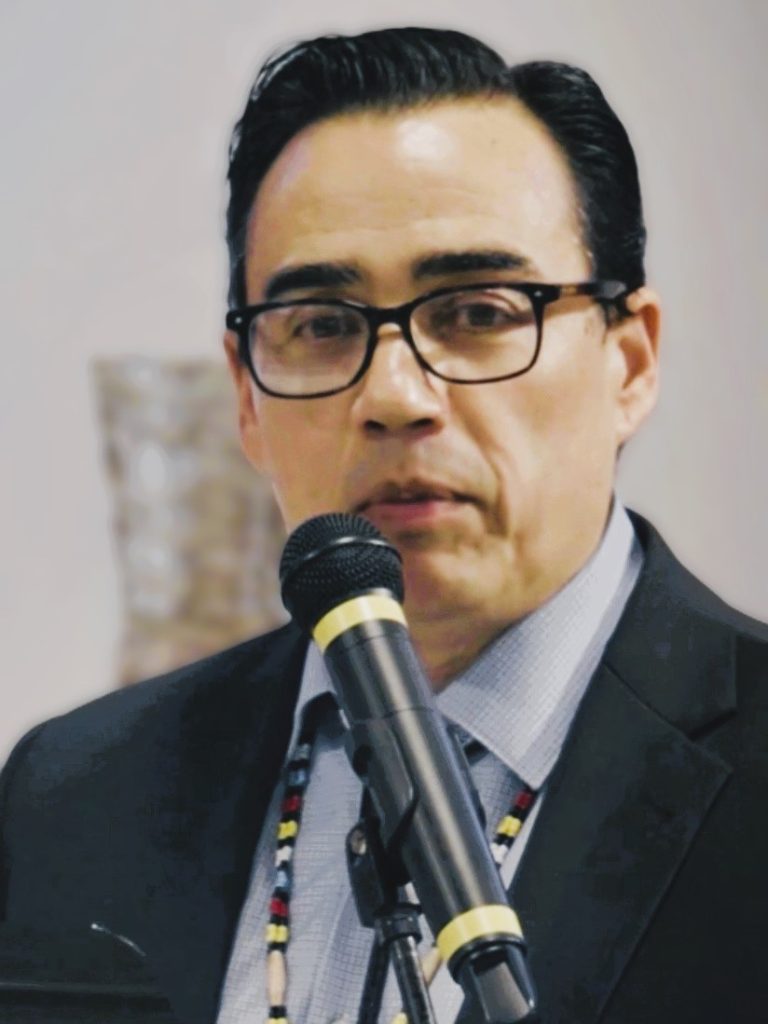In an ever-evolving global landscape, the exploration of spiritual courage has emerged as an essential facet of reclaiming native narratives. What can we learn from the intertwining threads of indigenous wisdom and Bahá’í teachings? These doctrines illuminate a path toward embracing both our shared humanity and the rich tapestry of cultural identities that define our world. Through the lens of Bahá’í thought, one can discern that spiritual courage transcends mere resilience; it embodies the audacity to confront historical injustices, acknowledge the undercurrents of colonization, and elevate marginalized voices.
Understanding the essence of spiritual courage begins with contextualization. Spiritual courage is not merely an abstract concept; it comprises the inner strength required to uphold one’s beliefs and traditions in the face of daunting adversity. For indigenous peoples worldwide, this entails a profound commitment to preserving their narratives, languages, and traditions, often in environments marked by cultural imperialism. The Bahá’í faith, with its emphasis on unity and the elimination of prejudice, provides an invaluable framework for understanding and supporting these narratives.
Consider the historical experiences of Native communities. Centuries of colonization, forced assimilation, and systemic oppression have stripped away elements of cultural identity. This raises a poignant question: how can individuals embody spiritual courage and catalyze the reclamation of these narratives? The Bahá’í ethos suggests a multifaceted approach that encourages dialogue, education, and mutual respect. Through these dimensions, one discovers the intricate connection between learning from the past and fostering a harmonious future.
The pursuit of spiritual courage necessitates an awareness of historical injustices. The Bahá’í teachings urge adherents to engage authentically with stories that may be uncomfortable or unfamiliar. This requires a commitment to active listening—a process that fosters empathy and understanding. By nurturing these qualities, one can engage with the legacies of indigenous peoples, allowing their stories to resonate within the broader human experience.
Educational initiatives play a pivotal role in bridging the gap between indigenous narratives and contemporary society. The Bahá’í principle of education as a transformative force calls for curricula that honor diverse perspectives, integrating indigenous histories and philosophies alongside global narratives. This educational paradigm cultivates a generation of learners equipped to advocate for justice and equity while being imbued with a sense of spiritual courage. Such endeavors do not merely serve to redeem historical injustices; they empower individuals to become stewards of truth and authenticity.
Moreover, the reclamation of native narratives is intricately tied to language preservation. Language serves as a vessel for cultural expression and identity. The Bahá’í teachings elevate the concept of language as a divine gift, instrumental in the quest for understanding and unity. Efforts to revive and sustain indigenous languages can, therefore, be framed as acts of spiritual courage, where communities reclaim their linguistic heritage as a means of cultural resilience. This reclamation is both personal and collective, fostering a symbiotic relationship with spirituality and cultural identity.
In engaging with native narratives, it is also crucial to challenge preconceived notions held within broader societal contexts. This is a potential challenge, particularly in a world conditioned to prioritize certain dominant narratives over others. One must ask: how can spiritual courage probe the depths of discomfort and catalyze transformative dialogues? It invites individuals to confront biases and dismantle colonial frameworks that have long undermined the voices of the marginalized. Engaging with a plurality of perspectives requires humility and an openness to redefine one’s understanding of history and truth.
In light of this, the Bahá’í commitment to social justice emerges as an imperative for those seeking to champion indigenous narratives. Such engagement extends beyond mere acknowledgment; it calls for actionable support and advocacy for policy changes that uphold the rights of native communities. Spiritual courage manifests itself in the form of unwavering solidarity, fostering alliances that challenge systemic injustices. It is here that the intersection of spirituality and activism becomes profoundly compelling, as individuals and communities unite to reclaim agency over their narratives.
As we reflect upon the role of the Bahá’í teachings in the reclamation of native narratives, it becomes evident that this journey is not solely about cultural renaissance; it is a robust call to action. The challenge lies in mobilizing our collective spiritual courage to foster awareness and understanding, illuminating the paths of indigenous peoples while embracing the wealth of teachings that the Bahá’í faith offers. Such a commitment requires sustained effort, introspection, and engagement, intertwining the spiritual journey with the collective quest for social justice.
Ultimately, the convergence of spiritual courage and the reclamation of native narratives evokes a profound reflection on our shared humanity. This journey is not only about uplifting marginalized voices but also involves acknowledging the interconnectedness of human experiences. As we navigate the complexities of diverse histories and narratives, we embrace a future enriched by mutual respect, unity, and an unwavering commitment to justice. Through embracing spiritual courage, we may find inspiration to reclaim and honor the profound stories that shape our world, paving the way toward a more equitable and harmonious existence.
